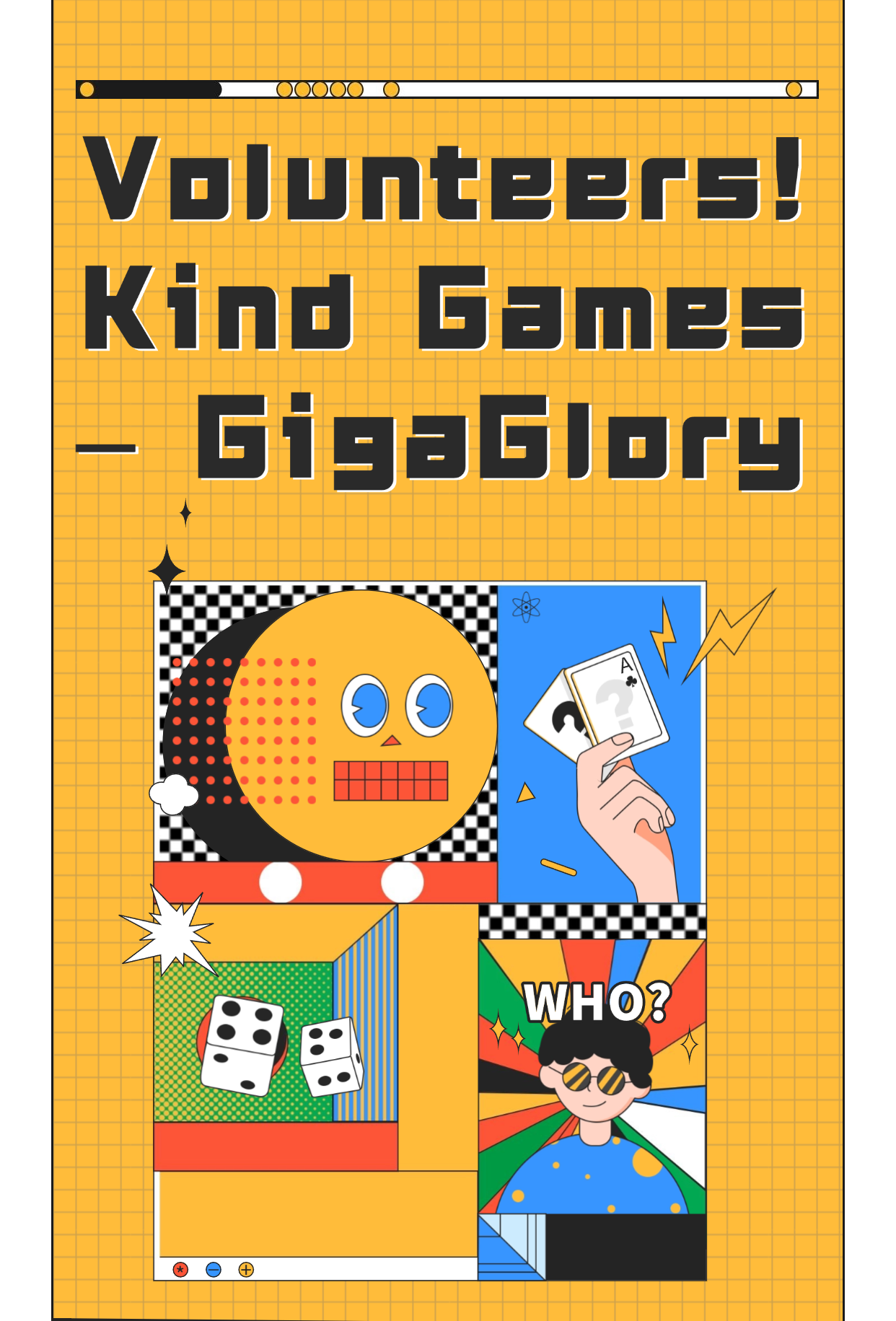Why Multiplayer Games Are Revolutionizing the Way We Play: A Deep Dive into the Future of Gaming
In a world that's constantly evolving, multiplayer games stand tall as the game-changers in the industry. They’re not just entertaining diversions, they’re social platforms, distant arenas where players connect, share, and compete.
The Rise of Multiplayer Games
Multiplayer games have gained immense popularity over the past decade. The shift from solitary play to shared experiences marks a monumental change in gaming culture. With advancements in technology, players can now compete and collaborate with others from across the globe. Instead of merely focusing on personal achievements, players are drawn into intricate stories shared in vibrant virtual worlds.
Connecting Through Competition
- Global Reach: Connect with players from all corners of the world.
- Skill Development: Hone your skills while interacting with seasoned gamers.
- Community and Friendship: Forge lasting friendships with like-minded players.
It’s surreal; you can be in Hong Kong, playing against someone in New York, creating a web of connections and camaraderie that transcends borders. Players begin to anticipate annual tournaments, celebrate each other’s victories, and share tips, driving community spirit to new heights.
A New Era of Gaming Genres
Multiplayer games are not limited to traditional setups. Genres such as battle royales, MMORPGs, and even casual games like 'go potato biscuit' exploded in popularity. Each genre brings a unique flavor and attracts diverse audiences.
| Genre | Description | Popular Examples |
|---|---|---|
| Battle Royale | Last player standing; survival of the fittest. | Fortnite, PUBG |
| MMORPG | Immersive worlds that bring players together. | World of Warcraft, Final Fantasy XIV |
| Casual | Fun, easy-to-pick-up games for everyone. | Agar.io, Among Us |
The Future: Virtual Reality and Beyond
Looking towards the horizon, virtual reality (VR) and augmented reality (AR) are set to further change the game. Imagine stepping into your game and tilting your head to interact with fellow gamers. The possibilities are endless. As technology progresses, the immersion factor in multiplayer games will reach unprecedented heights.
The Evolution of Game Narratives
Gone are the days of linear storylines. Multiplayer games now offer narratives that adapt based on player choices and interactions. This dynamic storytelling allows for deeper engagement. Players no longer just witness a story unfold; they participate, making critical choices that affect the outcome.
Challenges in Multiplayer Gaming
Despite their advantages, multiplayer games aren't without flaws. Tech issues, the rise of toxicity, and balancing have been persistent challenges. However, the industry continually evolves to tackle these problems, often through community engagements and playtesting. Developers are tuned in to player feedback, eager to foster a more inclusive and positive gaming atmosphere.
Why Multiplayer Games Matter
- Socialization: Multiplayer games encourage communication and team strategies, breaking down barriers.
- Learning Opportunities: Players learn how to function in teams, enhancing their collaboration and leadership skills.
- Cultural Exchange: Players are exposed to diverse cultures and practices, enriching their social perspectives.
Conclusion
As we navigate the landscape of gaming, it's clear that multiplayer games represent not just a trend but a new way of life. They fuse technology with social interaction, creating spaces where everyone can feel connected. The future of gaming lies in innovation, collaboration, and community. Whether you're an avid gamer or just curious about the realm of multiplayer experiences, there's something for everyone. The revolution isn't just in the games we play, but in the way we engage with each other in these vibrant digital worlds.



